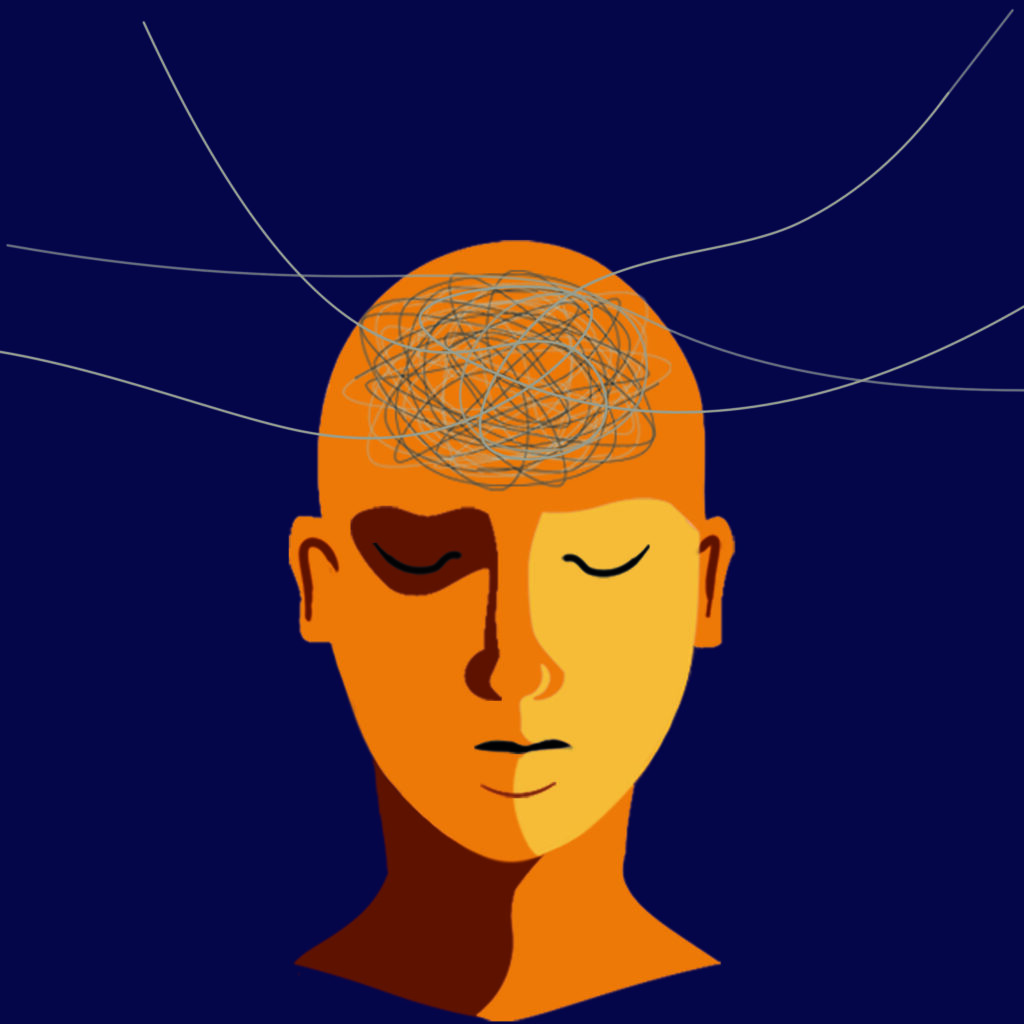What is mental health stigma?
Mental health stigma refers to societal disapproval, or when society shames people who have a mental illness or seek help for emotional distress. Different types of mental health-related stigmas, including self-stigma, institutional stigma, professional stigma, and public stigma.
Lack of knowledge and negativity towards mental health
There is a lack of knowledge about mental health among the public. Negative attitudes and beliefs are widespread. One of the most common misperceptions is that people with schizophrenia are dangerous and aggressive. Violence linked with schizophrenia accounts to less than 10% of violent crimes in society.
How can we combat stigma?
- Talk openly about mental health
- Think about language. Don’t use terms such as ‘crazy’ or ‘psycho’ to describe someone with mental health
- Show compassion. Provide support to someone who has a mental illness, the same way you would someone with a physical illness
- Let other people know if they are stigmatising mental health
- Don’t silently allow stigma by not saying something
- Treat mental health and physical health equally
- Educate yourself and others. By knowing the signs and symptoms, you could potentially save a life
What causes mental health stigma?
- Lack of education, awareness, and perception.

How can I deal with stigma?
Unfortunately, not everybody understands mental health and mental illness. Some people have misconceptions about what certain conditions mean. They may use language that you find hurtful, dismissive, or offensive. This can be upsetting, especially if this is coming from a family member, healthcare professional or colleague.
Effects of mental health stigma
- Unemployment
- Worsening symptoms
- Shame
- Hopelessness
- Low self-esteem
- Avoiding treatment
- Discrimination at workplace
- Social isolation
Summary
Mental health stigma’s are a complex issue that are well known. There are steps that someone facing mental health stigma can take, such as finding an advocate who can help them with work or financial matters. They can also help educate others by sharing their stories. This will help promote a wider understanding of mental health conditions.
Importantly, everyone has a role in combatting mental health stigma. People should educate themselves and others about mental health issues and better understand those living with mental health conditions.
By doing this, we can help stop common myths and stereotypes based around mental health. Through education, research and understanding, we can eliminate the stigma around mental illness and show our support to those experiencing it first-hand.
Stigmatisation can make a person’s health issues worse. This can trap them in an ongoing cycle of illness.
Harmful effects of stigma
- Reluctant to seek treatment/help
- Less opportunities for social activities, work, or school
- Bullying, harassment, or physical violence
- The belief that you will never improve your situation or succeed at certain challenges
- Lack of understanding by friends, co-workers, or family
Get treatment – You may feel shameful admitting that you need treatment. You should not let the fear of being judged or labelled with a mental illness stop you from seeking help. Treatment can provide relief by finding the cause of your mental illness and reduce the symptoms which may interfere with work and personal life.
Do not isolate yourself – You may be reluctant to tell anyone that you have a mental illness. Your friends, family or other members of your community can offer you support if they know about your mental health problems. Reach out to people who you trust for the support, understanding and compassion you need and deserve.
Do not equate yourself with your condition – You are not defined by your illness. So rather than saying ‘I am bipolar’, say, ‘I have bipolar disorder’. Instead of calling yourself ‘a schizophrenic’, say, ‘I have schizophrenia’.
Don’t allow stigma to create self-doubt and shame
Stigma does not only come from others. You may mistakenly believe that your condition can controlled without help or as a personal weakness. Educating yourself, seeking counselling and connecting with others who suffer with mental illness can help you gain self-esteem and overcome self-judgement.
Speak out against stigma – Consider expressing your opinions on the internet, at events or in letters. Doing this can help people have a better understanding about the difficulties people with mental health face, whilst also encouraging others with mental illness to come forward and educate the public about mental illness.
Other people’s judgement is more time from a lack of understanding rather than based on facts. Learning to accept your condition and realise that you need help treating it, seeking support, and helping educate others can help tremendously. We must all work together to combat mental health stigma, as together, we are stronger.
Mental health is not something anyone should be ashamed of or that needs to be hidden.
Stigma, discrimination, or prejudice against people with mental illness can be either subtle or obvious – but no matter what the magnitude, it can lead to a lot of harm. People with mental illness can be discriminated against and marginalized but having a better understanding of how it looks and how to address and eradicate it can help massively.
Finally, choose empowerment! – Fight stigma by living an empowered life. That means owning your own life and refusing to let others dictate how you view or feel about yourself. You are not an illness, nor should you ever feel ashamed or defined by your illness.



